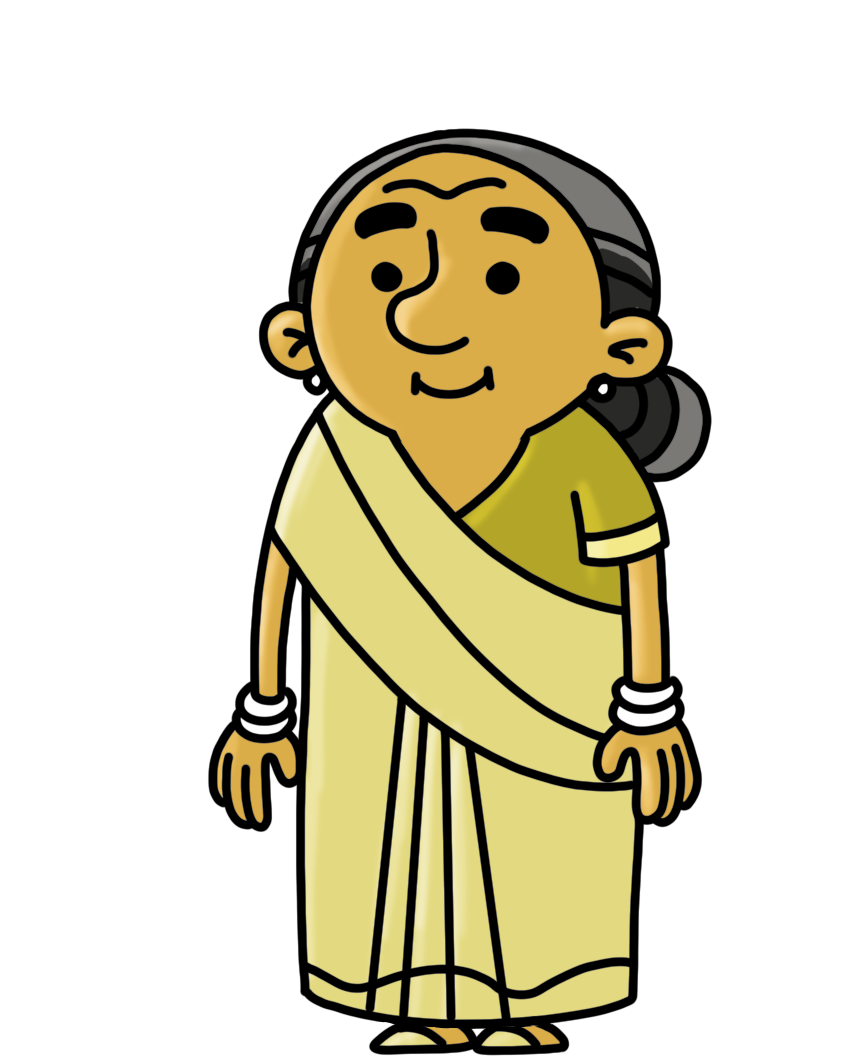In all family law cases, Courts encourage an attempt for reconciliation between the spouses.
Consequence of Reconciliation
After reconciliation happens, either:
- You and your spouse can get back together and continue your marital relationship, or
- You and your spouse can decide to end the marriage peacefully and divorce each other.
There are three kinds of reconciliation methods in India:
Mediation
- Mediation is a process of resolving conflicts by identifying their causes and then making a strategy to address them. This is done by a mediator who is a person either appointed by the Court during the divorce proceedings or is assigned from a Mediation Centre which is located near the Court.
Conciliation
- In Conciliation, a person known as the conciliator is appointed. His role is to persuade the parties to arrive at a solution suggested by him during the course of the discussions.
Counsellor in Family Courts
- A counsellor is a person whose job is to provide advice, help, or encouragement to solve problems during divorce and other family matters. A counsellor is a person appointed by a Family Court to find out:
- The reason why or if you and your spouse are incompatible for each other.
- Whether the incompatibility can be fixed by any psychological or psychiatric assistance from doctors.
- Whether you and your spouse are under the influence of anybody else to divorce each other.
- Whether you and your spouse are taking free and independent decisions regarding the divorce.

SANJAY SINGH
December 1, 2023
Mal talaak nhi chahta hu apne wife se.. But wo kisi k bekaawe me dena chahti hai
Alka Manral
May 30, 2024
Bilkul, aap kisi ko bhi majboor nahi kar sakte hain, lekin aap shadi shuda adhikar ka palan karne ke liye ‘restitution of conjugal rights’ ki maang kar sakte hain. Ismein aap apni patni ke saath samay bitane ke liye adalat ki madad le sakte hain. Saath hi, aap dono shaadi counsellor ke paas bhi ja sakte hain, jo aapko samajhne aur samadhan nikalne mein madad kar sakte hain. Yeh divorce se pehle ek upay hai.
Alka Manral
June 10, 2024
Agar aap apni patni se talaaq nahi lena chahte lekin wo samjhauta karke kuch dena chahti hai, to Hindu Vivah Adhiniyam ke tahat punarsthapna ke liye vikalp upalabdh hain. Nyayalay har parivarik karyakram mein pati-patni ke beech punarsthapna ko protsahan dete hain. Agar punarsthapna hoti hai, to aap aur aapki patni ya to ek doosre ke saath phir se mil sakte hain aur aapki shaadi ka rishta jaari rakh sakte hain ya phir shaadi ko shantipurn roop se khatm kar sakte hain. Bharat mein teen prakar ke punarsthapna vidhiyan hain: Madhyasthata, Samjhauta aur Parivarik Nyayalayon mein Manovigyanik Salah
Madhyasthata ek vidhi hai jisse vivadon ka hal kiya jata hai unke karanon ko pahchan kar aur phir unhe samadhan ke liye ek ranniti banate hue. Iska karya karta hai jo ki ya to talaaq ke prakriyaon ke dauraan nyayalay dvara ya nyayalay ke paas sthit ek Madhyasth Kendr se niyukti di gayi vyakti hota hai.
Samjhauta mein, ek vyakti jo samjhauta karne waale ko pratibadh karta hai, niyukt kiya jata hai. Uska karyakshetra hota hai patraon ko uske dwara ki gayi salah par samadhan tak pahunchane ka.
Manovigyanik salahkar ek vyakti hota hai jiska karya hai talaaq aur anya parivarik mamlo mein samasyaon ka samadhan pradan karna. Ek Parivarik Nyayalay dvara niyukti di jati hai taaki pata lagaya ja sake: Aap aur aapki patni ek doosre ke liye anupayukt kyun hain ya agar aapke beech samanjasya hai. Kya anupayuktata ko manovigyanik ya manochikitsaik sahayata se koi sudhaar kiya ja sakta hai. Kya aap aur aapki patni kisi aur ke prabhav mein talaaq le rahe hain. Kya aap aur aapki patni talaaq ke baare mein swatantr roop se nirnay le rahe hain ya kisi aur ke prabhav mein hain.
Isliye, aap aur aapki patni in punarsthapna vidhiyon ko vichar kar sakte hain apne mudde ka samadhan karne ke liye aur ya to aapki shaadi ka rishta jaari rakh sakte hain ya shantipurn roop se shaadi ko khatm kar sakte hain.
Deepika Gupta
December 28, 2023
Sir mujhe puchna hai ki reconciliation hamare liye madad karta hai ya ulta fasara hai pls help